
 400-800-6892
400-800-6892



 CN
CN
![]()
![]()



 CN
CN
![]()
![]()

 400-800-6892
400-800-6892Release time:2025-04-22 Click count:0
The booming development of new energy vehicles has driven a rapid increase in demand for charging infrastructure. With the rapid growth of the number of new energy vehicles, there are updated and higher requirements for the quantity and quality of charging infrastructure. According to the IEA, there will be 5.5 million public fast charging piles and 10 million public slow charging piles worldwide by 2030, with China having 4 million and 5.5 million respectively.
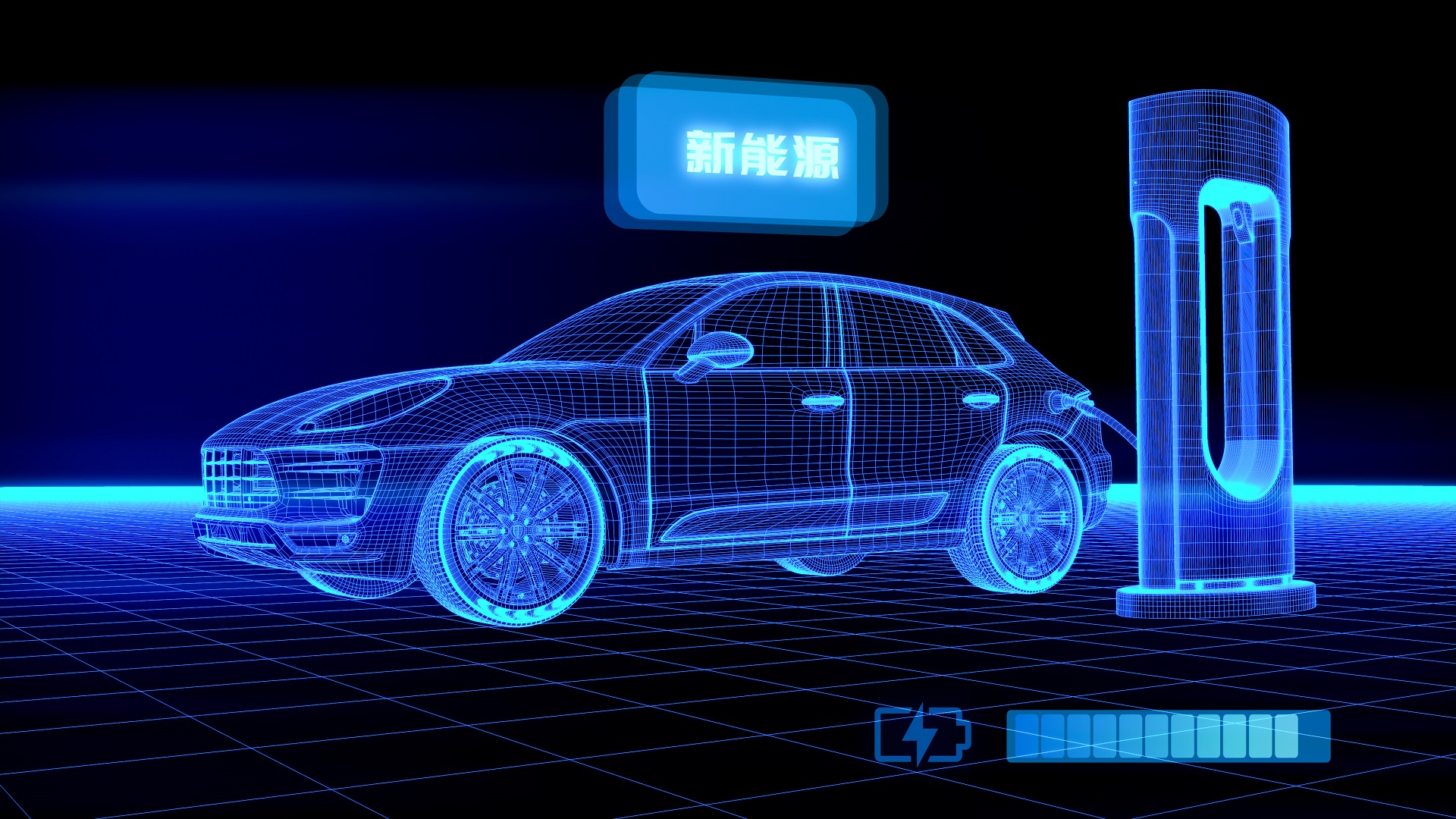
With the continuous increase in the production of charging piles, the automation rate of production has also significantly improved. Under the conditions of automated production of charging piles, online automation and efficient safety detection have become an important part of automated production of charging piles. Safety is related to the personal experience of every car owner. How to efficiently achieve automated production and detection of charging piles has become an urgent problem that the industry needs to solve.
At present, manual testing is still the most widely used method in charging pile testing, but it has certain limitations. For example, in most cases, manual testing takes a very long time and consumes a lot of manpower and resources. In addition, as standards continue to change and upgrade, manual testing needs to be adjusted and revised accordingly, further increasing costs. Therefore, developing an automated, convenient, and fast charging pile testing system has become particularly important.
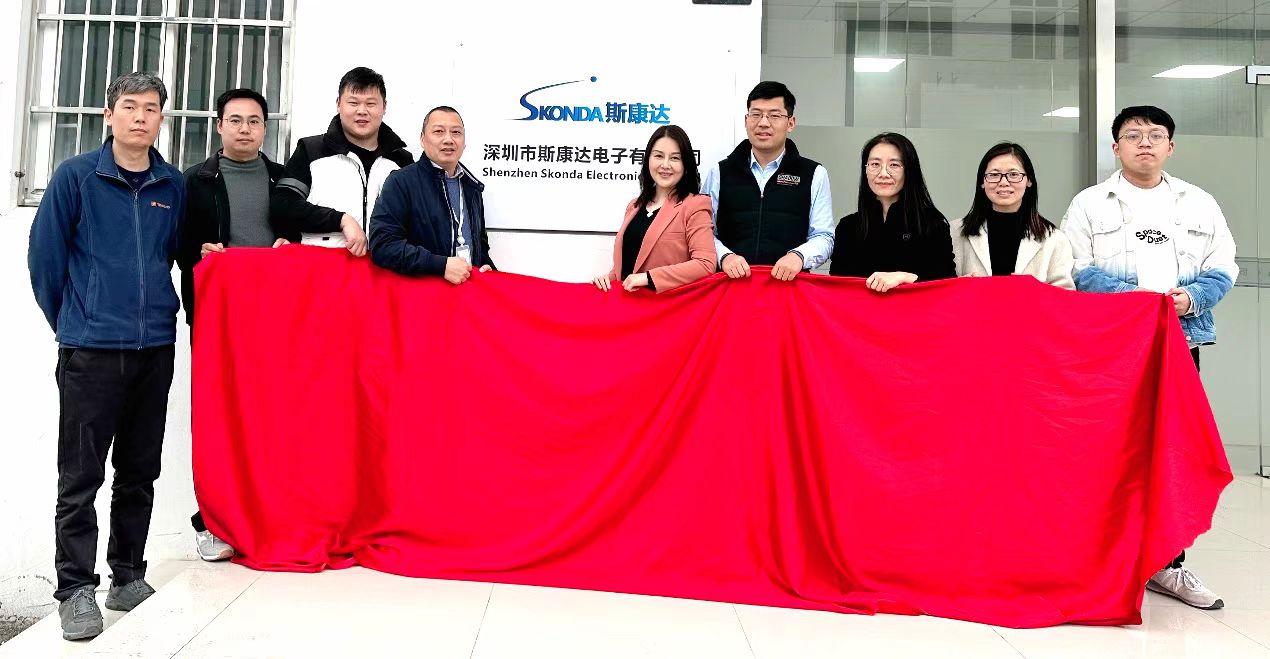
On April 1st, SKONDA introduced a mature automation team to provide a one-stop solution that integrates design, development, procurement, technical support, and after-sales service. The unveiling ceremony will be held in Suzhou on April 3rd.
The newly introduced automation R&D team has a reasonable talent structure, and the complete team configuration ensures that the new team can enter the R&D and production stage in the most efficient manner after entering SKONDA.
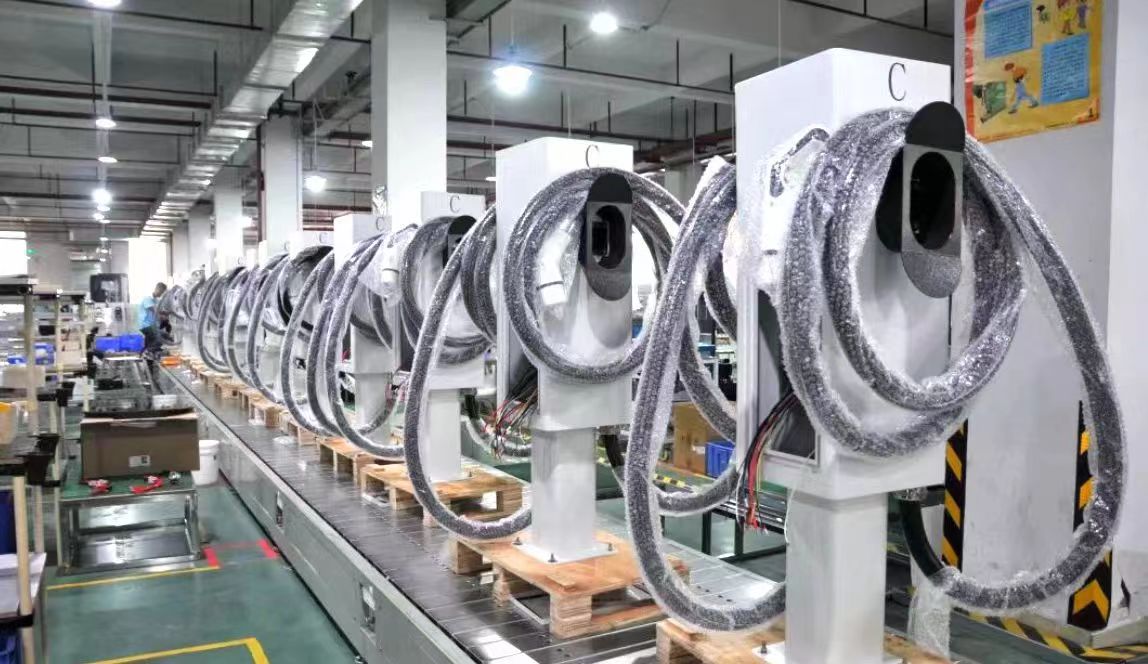
We know that the automatic production line operates or controls automatically according to prescribed procedures or instructions without human intervention, with the goal of "stability, accuracy, and speed". The use of automated lines in large-scale production can improve labor productivity, stabilize and enhance product quality, improve working conditions, reduce production footprint, lower production costs, shorten production cycles, ensure production balance, and have significant economic benefits.
The SKONDA automation team can solve the full process production of discrete assembly manufacturing, meeting the needs of achieving automated flexible production. This team is oriented towards the new energy testing industry, mainly targeting the offline testing of products such as car chargers, electric drives, energy storage modules, and charging piles. It integrates a series of tests including product transportation, safety testing, initial testing, aging testing, metering, and final testing. Compared with decentralized single machine testing, the output has increased several times, achieving intelligent manufacturing Industry 4.0 and providing customers with one-stop marketing solutions.
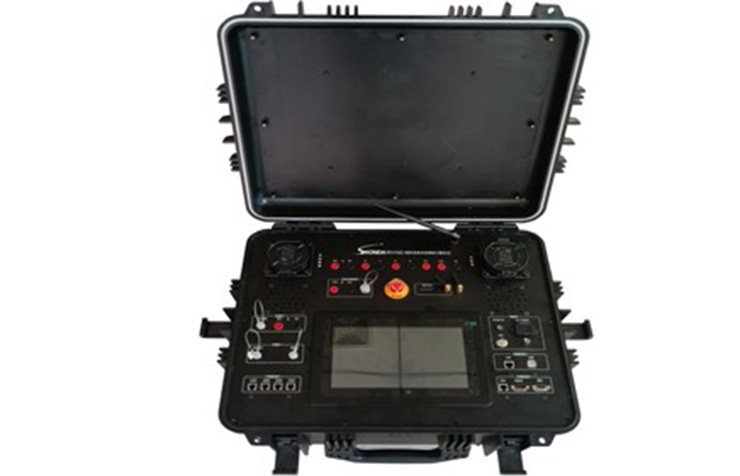
2025-09-26
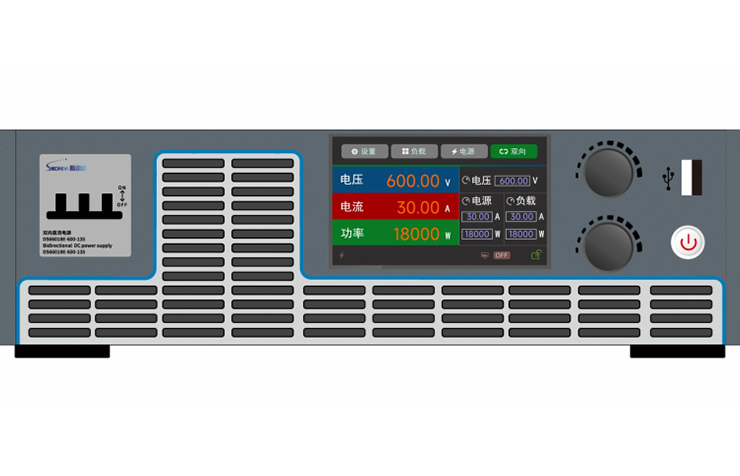
2025-09-26
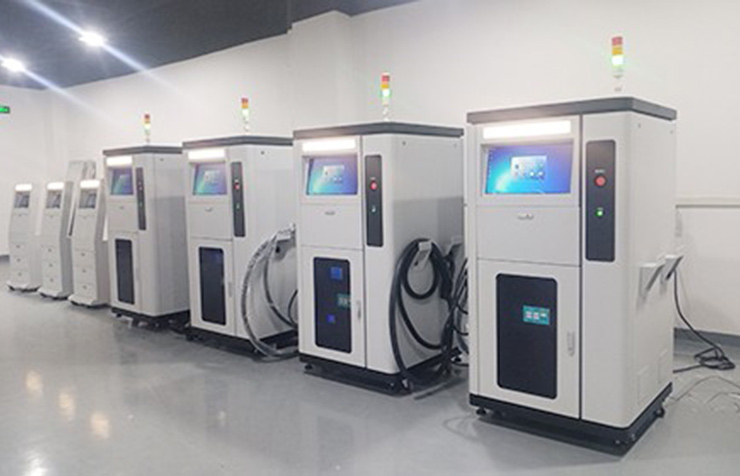
2025-09-26
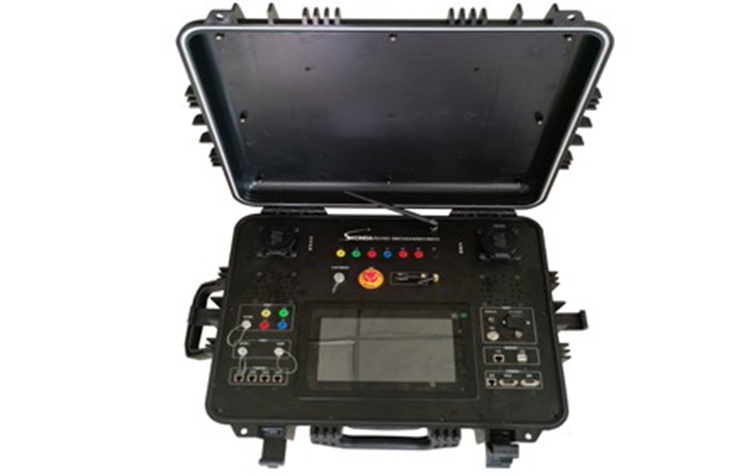
2025-09-26
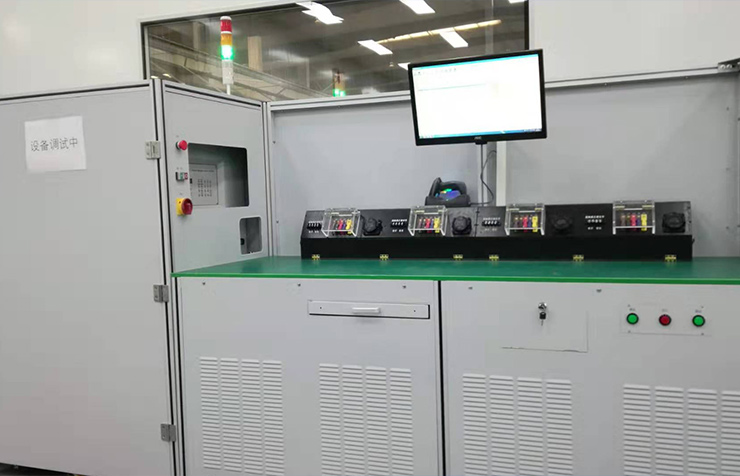
2025-09-26